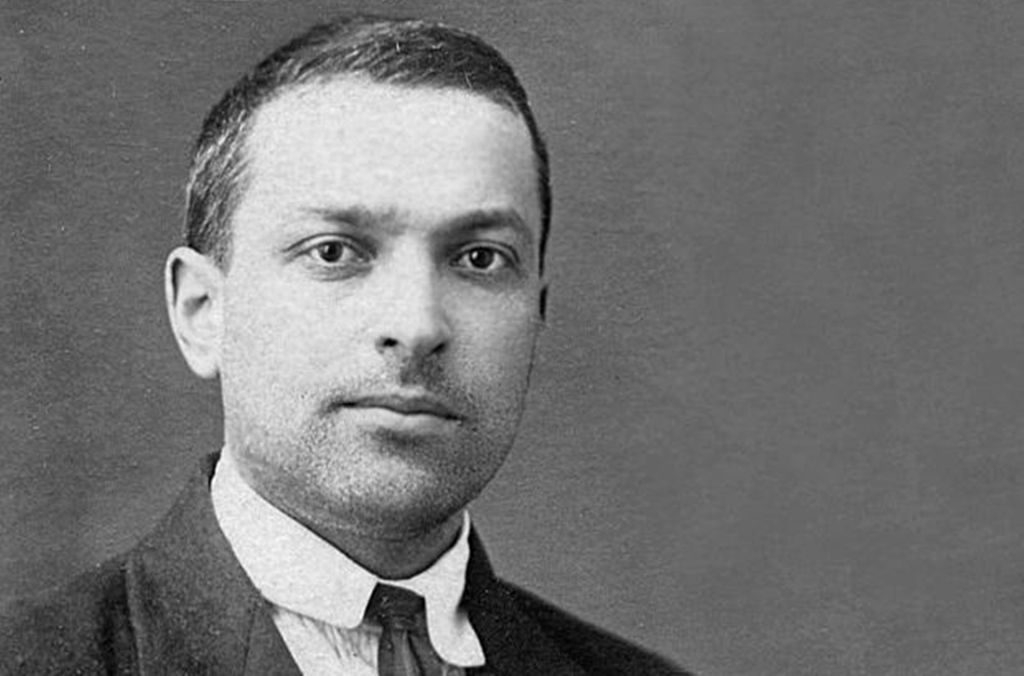Lev Vygotsky’s “Ecological Mind” [Activity Theory]
![Lev Vygotsky’s “Ecological Mind” [Activity Theory]](https://images.unsplash.com/photo-1621452773781-0f992fd1f5cb?crop=entropy&cs=tinysrgb&fit=max&fm=jpg&ixid=MnwxMTc3M3wwfDF8c2VhcmNofDEwOHx8Y2hpbGRyZW58ZW58MHx8fHwxNjM0MTgxMTkz&ixlib=rb-1.2.1&q=80&w=960)
Vygotskian scholars don’t use “Ecological Mind” to describe Vygotsky’s ideas. I just use the term to highlight Vygotsky’s three ideas which are highly relevant to ecological approaches of psychology: Zone of Proximal Development (ZPD), Perezhivanie, and Social Situation of Development. These three ideas are important for understanding Vygotsky’s thoughts on social context and environment. It is better to consider them as a whole.
According to Andy Blunden, “Perezhivanie is a Russian word, usually translated as ‘a lived experience.’ and used in connection with ‘social situation of development,’ which has multiple shades of meaning. It indicates a person’s situation with special emphasis on the subjective significance, especially the emotional and visceral impact of the situation on the person, recollection of which summons up the entire situation.”
Aaro Toomela also points out the difference between perezhivanie and opyt. He says, “The Russian words perezhivanije and opyt are both translated into English as experience. These two Russian terms, however, refer to psychologically very different phenomena. Perezhivanije is ‘unity of personality and environment . . . Perezhivanije must be understood as an internal relationship of a child as a human being toward this or that moment of reality’ (Vygotsky, 1984b, p. 382). Vygotsky, before becoming a psychologist, studied literature, art, and theater. Several central concepts he used, such as stage and category, can be understood only in the context of theater (Veresov, 2010). The concept perezhivanije belongs to this list; the complex meaning of the term should be related to Stanislavski’s system of training actors (cf. Vygotsky, 1984a). Opyt, in turn, refers to knowledge and skills that develop in the interaction with the environment.”(2014, p.102)

The concept of Perezhivanie is similar to ecological psychology’s ideas on rejecting the mind-matter dualism and the subject-object dualism. For ecological psychologist Gibson, the concept of Affordance “refers to both the environment and the animal in a way that no existing term does. It implies the complementarity of the animal and the environment.” (1979, p.119). For Cultural-historical psychologist Vygotsky, “…So, in a perezhivanie we are always dealing with an indivisible unity of personal characteristics and situational characteristics, which are represented in the perezhivanie. (Vygotsky, 1934, p. 342)”.
Nikolai Veresov emphasizes the concept of Perezhivanie is related to the principle of refraction. He says, “What is important is that perezhivanie is a tool (concept) for analyzing the influence of sociocultural environment, not on the individual per se, but on the process of development of the individual. In other words, the environment determines the development of the individual through the individual’s perezhivanie of the environment (Vygotsky 1998, p. 294). This approach enlarges the developmental perspective as it introduces the principle of refraction. No particular aspects of the social environment in itself define the development, only aspects refracted through the child’s perezhivanie (Vygotsky 1994, pp.339–340). The perezhivanie of an individual is a kind of psychological prism, which determines the role and influence of the environment on development (Vygotsky 1994, p. 341). The developing individual is always a part of the social situation and the relation of the individual to the environment and the environment to the individual occurs through the perezhivanie of the individual (Vygotsky 1998, p. 294).” (2020)
According to Andy Blunden, “In The Problem of the Environment, Vygotsky illustrates the idea of perezhivanie by the case of three siblings coping or not with their single mother who is a drunk. The infant is indifferent to this situation, being too young to know; the middle child is traumatised; and the oldest child, a teenage boy, understands that he must become ‘the senior man’ in the family, makes an accelerated development and takes responsibility for looking after his siblings and his mother. That is, it is only the adolescent who is able to master the perezhivanie, and even in his case, without outside assistance, his own development may be damaged by his loss of childhood. In this way, Vygotsky showed how not just the social environment, but the significance of features of the environment for the subject and the subject’s capacity to process them, make up the essential units of analysis for understanding the development of the child.” This is the core of Vygotsky’s concept “Social Situation of Development”. This statement also echoes Gibson’s Affordance since it points to both the features of the environment and the subject’s capacity.
The dialectical approach is the foundation of Vygotsky’s thinking. Nikolai Veresov points out, “The principle of refraction shows dialectical relations between significant components of the social environment and developmental outcomes (changes in the structure of higher mental functions). This principle shows how the same social environment affects the unique developmental trajectories of different individuals. Vygotsky’s famous example of three children from the same family shows that the same social environment, being differently refracted through perezhivanie of three different children, brought about three different developmental outcomes and individual developmental trajectories (Vygotsky 1994, pp. 339–340). In a certain sense, it would not be an exaggeration to say that the social environment as a source of development of the individual, exists only when the individual participates actively in this environment, by acting, interacting, interpreting, understanding, recreating and redesigning it. An individual’s perezhivanie makes the social situation into the social situation of development.” (2020)
References
Andy Blunden, Translating perezhivanie into English
Harry Heft (2001). Ecological Psychology in Context: James Gibson, Roger Barker, and the Legacy of William James ’s Radical Empiricism. New York: Psychology Press.
Jaan Valsiner and Rene van der Veer (2014) Encountering the border: Vygotsky’s zona blizhaishego razvitia and its implications for theories of development. In Anton Yasnitsky, Rene van der Veer and Michel Ferrari (eds.), The Cambridge Handbook of Cultural-Historical Psychology. Cambridge University Press.
James J. Gibson (1979/2015). The ecological approach to visual perception: classic edition. New York: Psychology Press. (originally published in 1979).
Roger Barker (1968, 1989). Behavior settings: A revision and extension of Roger G. Barker’s ‘ecological psychology’. Stanford University Press.
